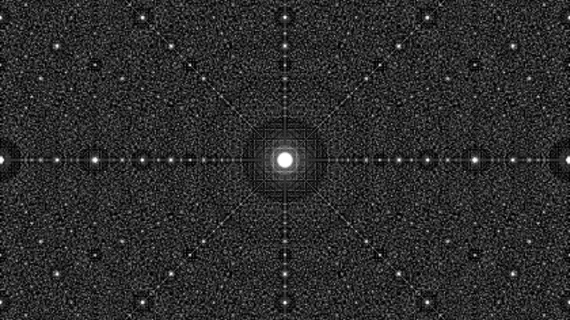New class of fractals could make for speedy whole-body MRI
An Australian researcher has said it could be possible to speed up full-body MRI by four times while controlling costs and maintaining quality—all thanks to the discovery of a new class of fractals. Shekhar Chandra, PhD, with the University of Queensland, believes “Chaotic Sensing,” an approach to sparse imaging using fractals, could help MRI machines to quickly identify necessary imaging information while discarding redundant data.
“A variety of fractals have been discovered since the early ‘70s but none of them has been applicable to MRI until now,” Chandra said in a university release. “We’ve demonstrated that we can use the repetitive property of the pattern to our advantage to reduce the measurements required for an MRI scan.”
In a study published Aug. 10 in IEEE Transactions on Image Processing, Chandra and his colleagues said they believe increasing the efficiency of MRI machines can reduce wait times without compromising on quality.
“[Chaotic sensing] was found to be robust to noise, positive and negative complex-valued measurements and artefacts, while offering promising performance over compressed sensing with the same amount of under-sampling,” Chandra et al. wrote. “Further work is required in studying the mathematical properties of the new fractal and in applying the proposed methodology to other applications.”
While the authors focused on MRI, Chandra believes chaotic sensing has applications in a wide variety of sciences.
“My research proves that this sensing methodology can eventually be applied to many areas of science, including astronomy, biomedical engineering and computer science,” he said.

